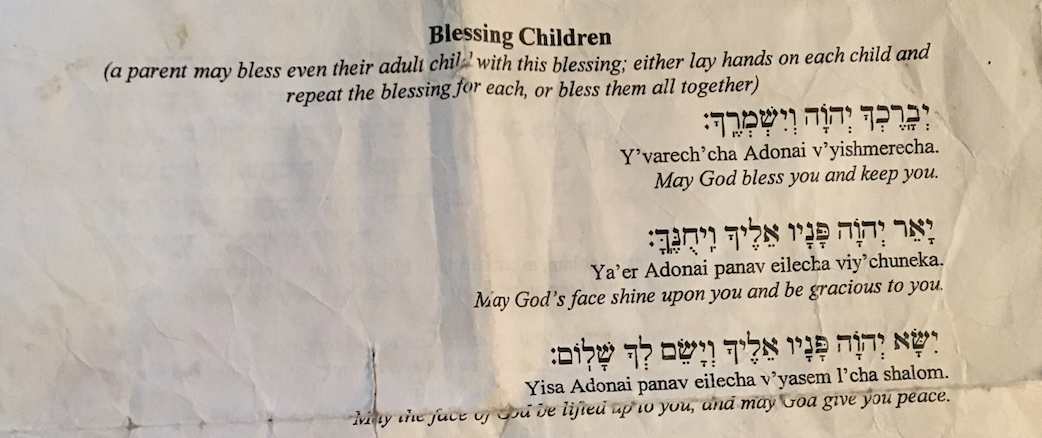Nationality: American
Primary Language: English
Other language(s): French, a bit of Hebrew
Age: 18
Occupation: Student
Residence: California
Performance Date: 4-6-18
What it is: Because of us, them. Because of them, us.
Why they know it: Amanda also attended Santa Barbara Middle School, and like ‘putting someone’s name into the fire’, this was a thing that was said on a daily occurrence. The meaning and saying became part of her vocabulary because of her experiences at SBMS.
When is it said: This is said in any situations, especially when someone has done something that was unfavorable. The teachers would go, Because of us, them. Because of them, us.
Where did it come from: SBMS
Why it’s said: This is a remembrance proverb. It’s meant to make people remember that every action has an equal and opposite reaction. The actions you put out there do not just affect you but it affects the people in the future as well. The actions of the past are what allow us to do the things we are doing now. And our actions will determine what the future people are able to do.
How they know it and what it means: The meaning is not hard to figure out and is thus not hard to communicate. It has been told so many times that is just something that you always remember that your actions have consequences, both good and bad. The best example is dress code. One year girls were wearing outfits that were not very appropriate for middle school. So, Whitney (one of the teachers) told them if they keep dressing like that we will have to issue uniforms, which would affect every student presently and for the future. If they didn’t want a uniform then they had to dress more appropriately.
Thoughts: This is one of my favorite proverbs. It makes me remember just how impactful my actions are, that I am not the only one being affected by things I do and visa versa. I believe that this message is super impactful and should be something that is taught because maybe, just maybe, situations (like the ones of current time) wouldn’t happen if we really taught people the impact of their actions.

